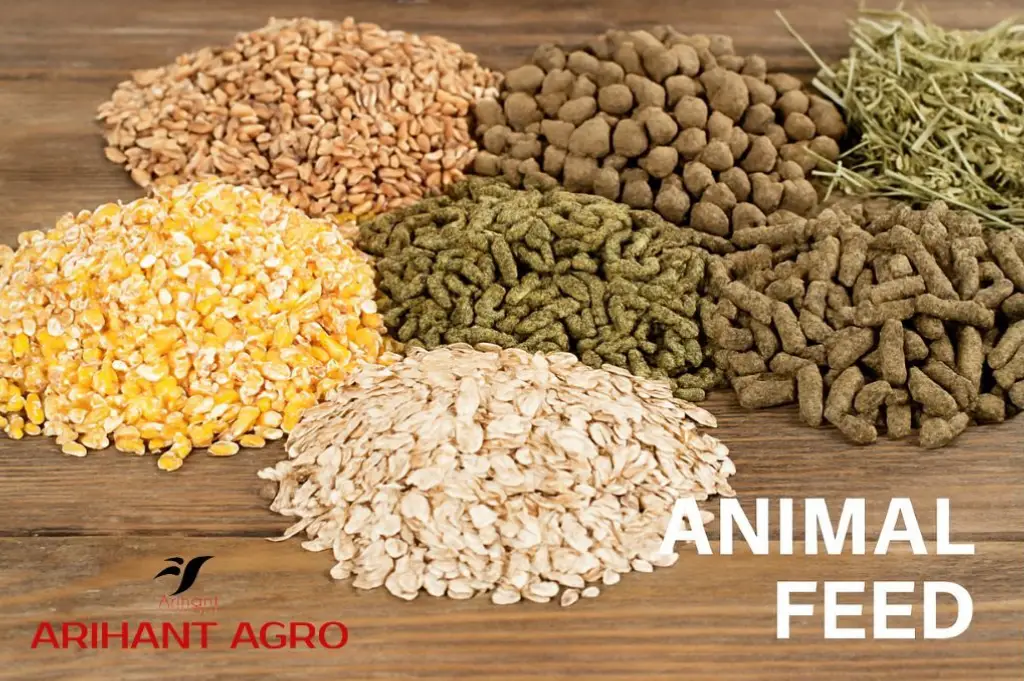
Why Animal Feed Manufacturers Play a Crucial Role in Global Food Security
In today’s fast-paced agricultural industry, animal feed manufacturer are the unsung heroes behind a well-functioning food chain. From poultry and cattle to aquaculture and pet food, quality feed is essential to the health and productivity of animals. But what exactly do these manufacturers do, and why are they so vital?
What Do Animal Feed Manufacturers Do?
Animal feed manufacturers are companies or facilities that specialize in creating balanced, nutrient-rich feed formulas designed to support the growth, health, and productivity of animals. They formulate feed using a wide range of ingredients, including grains, proteins, vitamins, and minerals—each tailored to the specific dietary needs of livestock or pets.
Whether it’s for dairy cows needing high-protein blends for better milk production, or broiler chickens requiring fast-growing diets, feed manufacturers ensure the right mix of nutrients reaches the animals at the right time.
Why Is Quality Animal Feed Important?
- Better Animal Health
High-quality feed improves immunity and reduces disease in livestock. This leads to lower veterinary costs and healthier food products for humans. - Improved Productivity
The efficiency of meat, milk, and egg production heavily depends on the type of feed provided. Animal feed manufacturers contribute to higher yields with scientifically developed formulas. - Sustainable Agriculture
Many manufacturers are now focusing on sustainability using eco-friendly ingredients, reducing waste, and even recycling food byproducts into nutritious feed. - Food Chain Reliability
With global food demand rising, efficient animal farming is essential. Animal feed manufacturers help stabilize food supply by ensuring consistent and quality nutrition for livestock.
The Future of Animal Feed
Modern feed companies are investing in research and technology such as precision nutrition and digital monitoring to develop smarter feed solutions. Probiotics, natural additives, and custom feed for different climates are becoming more common.
Moreover, with growing awareness around ethical farming and climate change, animal feed manufacturers are adopting greener practices, helping the industry move toward a more sustainable future.
Conclusion
Animal feed manufacturers are more than just suppliers; they are innovators, problem-solvers, and partners in the food production ecosystem. Their role in maintaining animal health, improving agricultural productivity, and promoting sustainability cannot be overstated.
As global populations grow and demand for animal-based food increases, choosing the right animal feed and trusting reliable manufacturers will be key to feeding the world ethically and efficiently.
